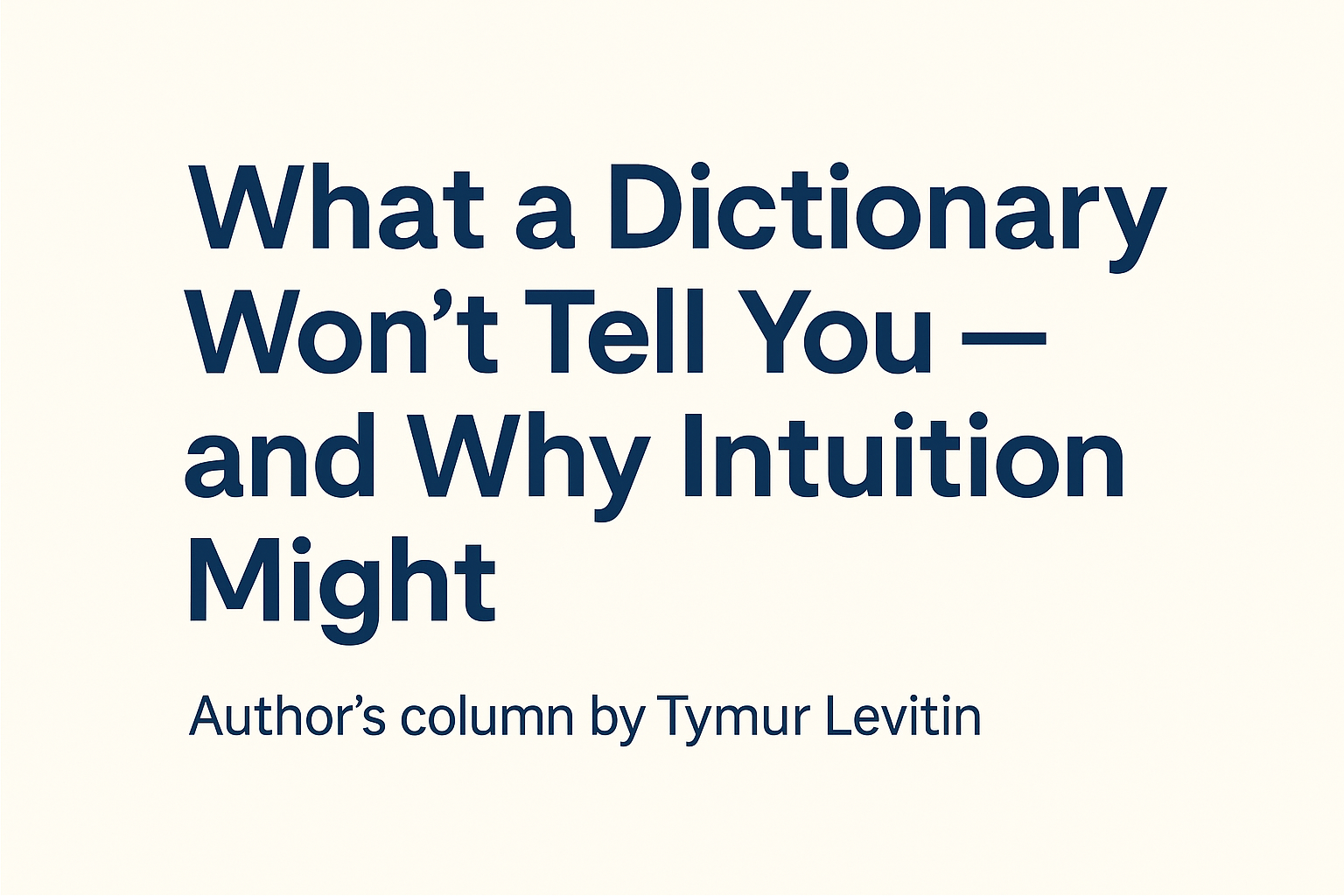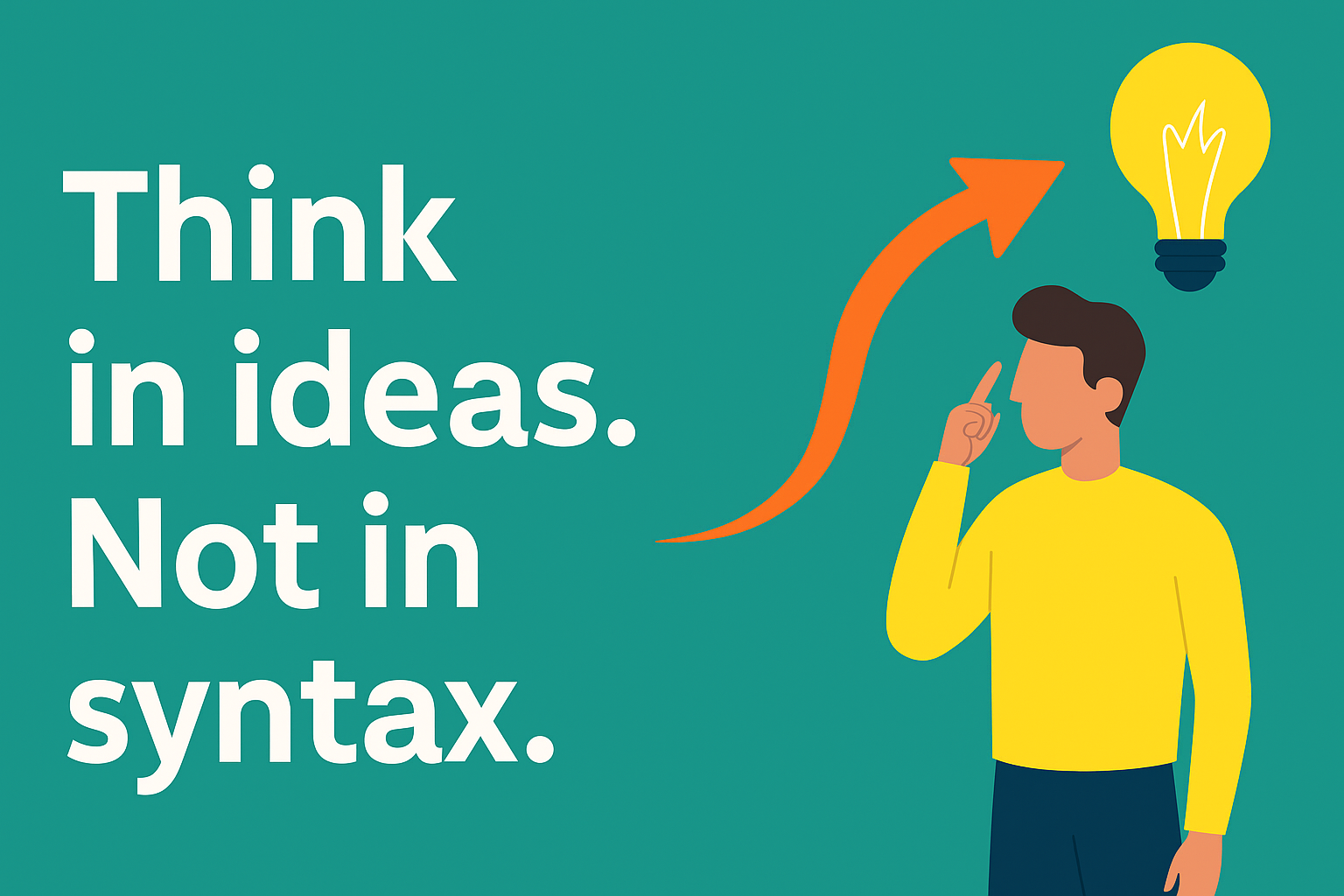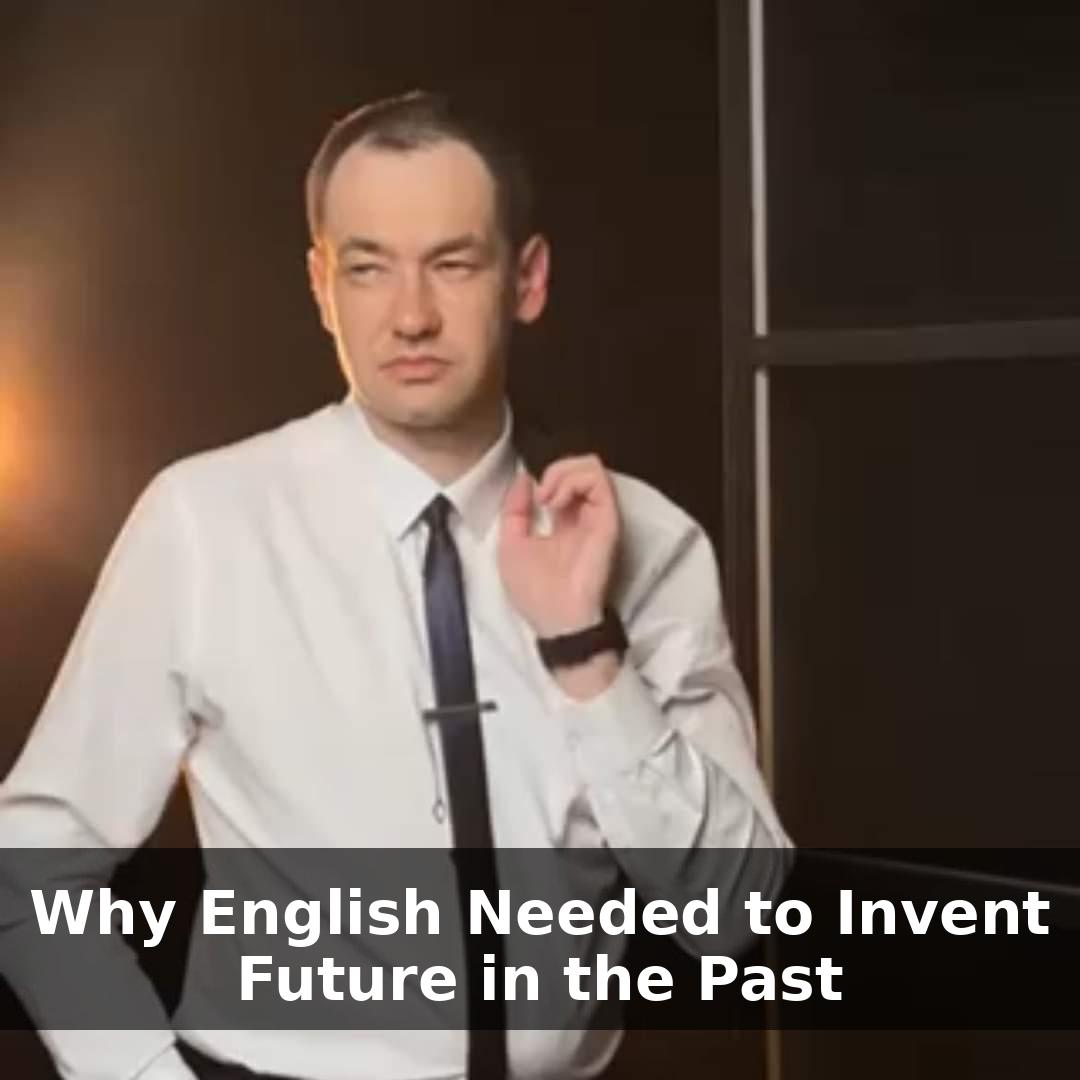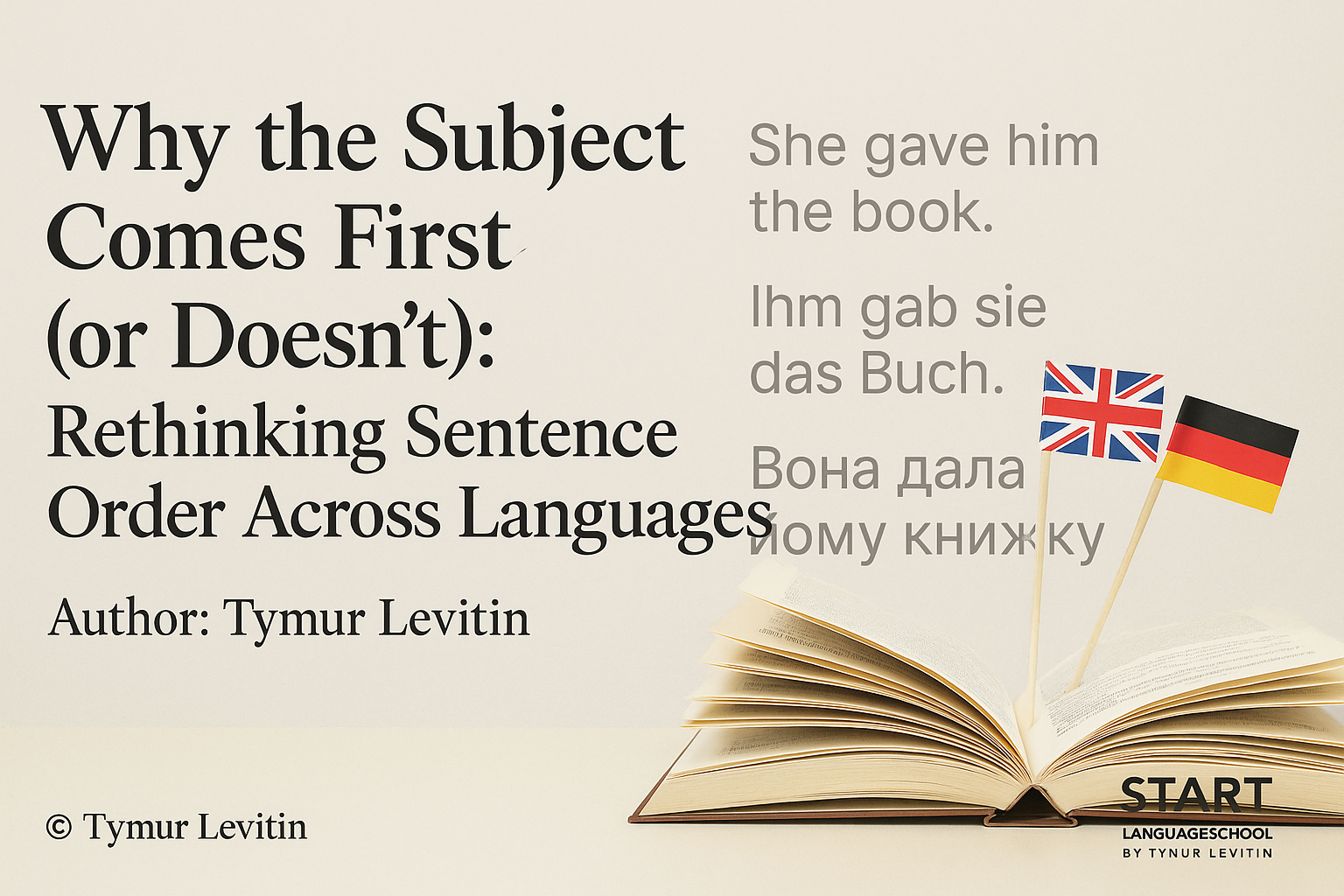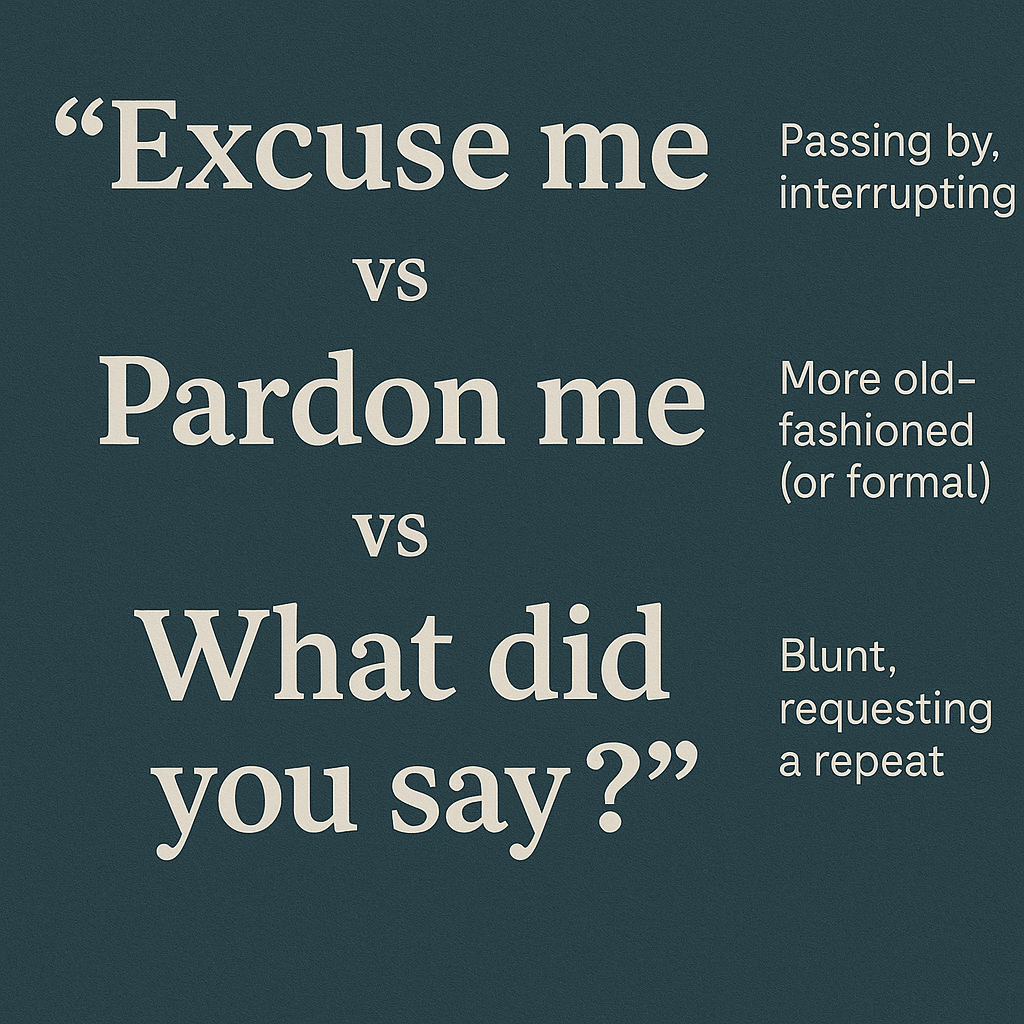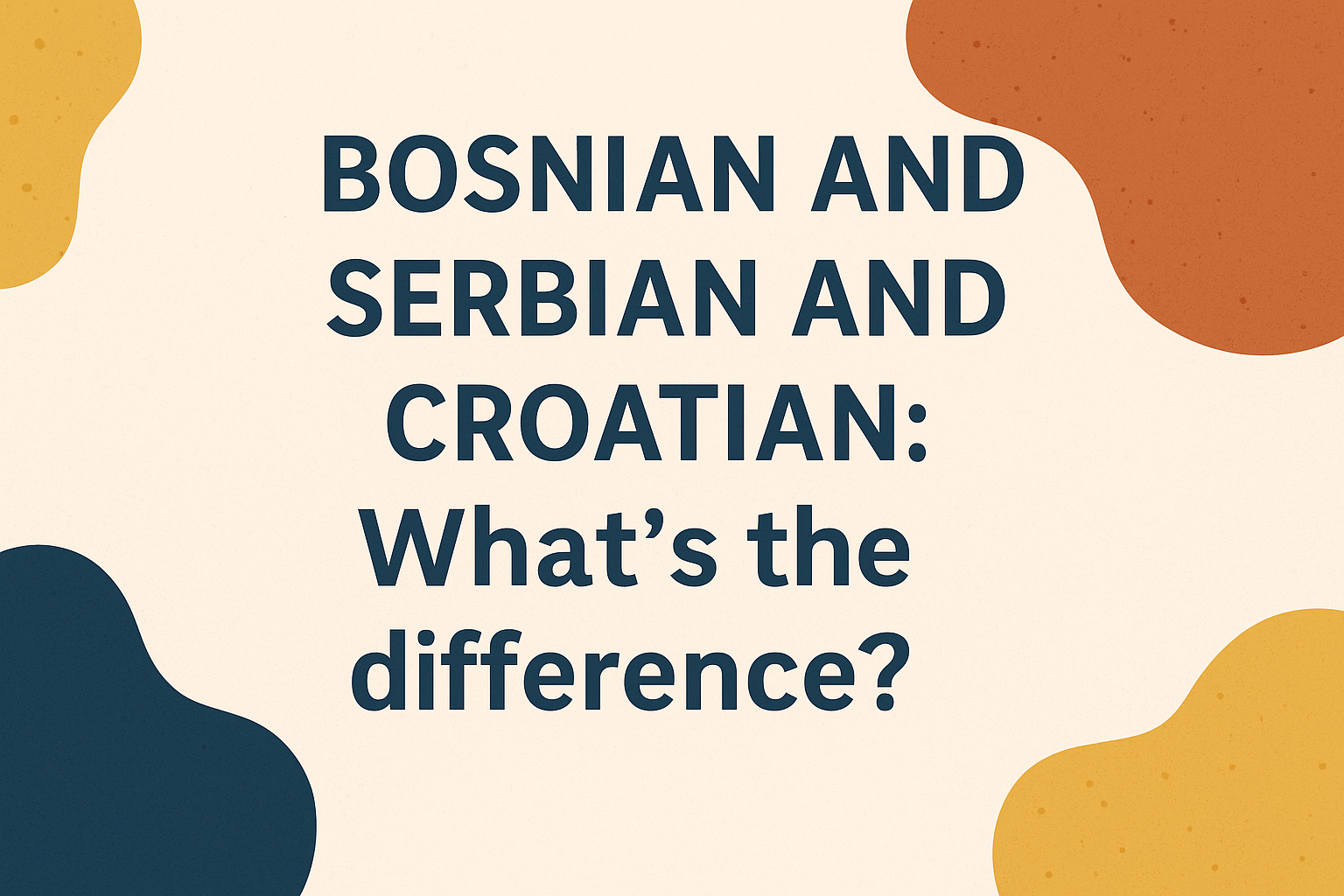Part 1 of the series: “Time Is Not Just Grammar”
Language is logic. But it’s also identity.
Most people think grammar is about correctness. But grammar is about clarity — of thought, of timing, of responsibility.
And sometimes, grammar has to fill a hole in logic.
That’s exactly what Future in the Past does.
The problem English faced — and how it solved it
In English, when you report something from the past, everything shifts “one step back”:
- Present → Past
- Past → Past Perfect
- Future → … ???
Here’s the paradox:
If you shift Future to Present, the whole system collapses.
You can’t say:
❌ He said he will come.
Because “will” is future from the now, not from the past.
So English invented a way out:
“will” became “would”, and with it — a whole new timeline was born.
Grammar is logic — even if nobody told you that
In many schools, students are taught grammar like a list of formulas.
But no one tells them: grammar is logic.
Some people never study formal logic — no class, no textbook, no system.
When I was a student, we didn’t have a subject called “Logic” either.
But the more I studied English grammar, the more I realized:
This is logic.
Not always my logic. Not always easy.
But always structured.
If you study grammar the right way, you’re already learning to:
- organize your thoughts
- recognize patterns
- move along a timeline
- express cause and effect
- describe possibilities, conditions, and alternatives
That’s what thinking is.
English grammar just teaches you to think — in its own coordinate system.
Why this sounds scary — but really isn’t
Let’s be honest:
“Future in the Past” sounds like some X-Men timeline paradox.
(And actually, that’s a perfect metaphor — see below.)
But in reality, all that changes is one word:
- will → would
- shall → should
That’s it.
The rest is just perspective.
The X-Men Paradox: Days of Future Past
Ever heard of the film X-Men: Days of Future Past?
Sounds ridiculous — until you realize:
It’s about the future,
seen from a moment in the past,
that might have already ended
or never happened.
Exactly what Future in the Past does.
It allows us to talk about a future that was once imagined — but is now over.
The ceiling metaphor: looking from the side
Imagine looking at a ceiling. Now look at that same ceiling — but from behind your shoulder.
Same object. Different angle.
Future in the Past is that angle.
It’s not a different event — it’s a different viewpoint in time.
And here’s the real point:
You are responsible for what you say.
Not for how others interpret it.
If you understand your message — you can always explain it.
But if you don’t — how will they understand you?
That’s why grammar matters. Not for perfection.
But for ownership of your words.
Final thought — for now
Most people never ask:
“Why does this tense exist?”
They memorize it. They fear it.
But they don’t stop to ask 为什么.
And once you ask that —
you realize that Future in the Past isn’t a tense.
It’s a timeline. A lens. A logic. A choice.
And the better you see it —
the clearer your thoughts become.
© 泰穆尔-列维廷
Founder & Lead Educator, Levitin Language School
Author’s Column — “The Language I Live”
Personal page: https://www.facebook.com/@timurlevitin
Coming up next:
“How Many Tenses Are There — Really?”
Part 2 of this series

















